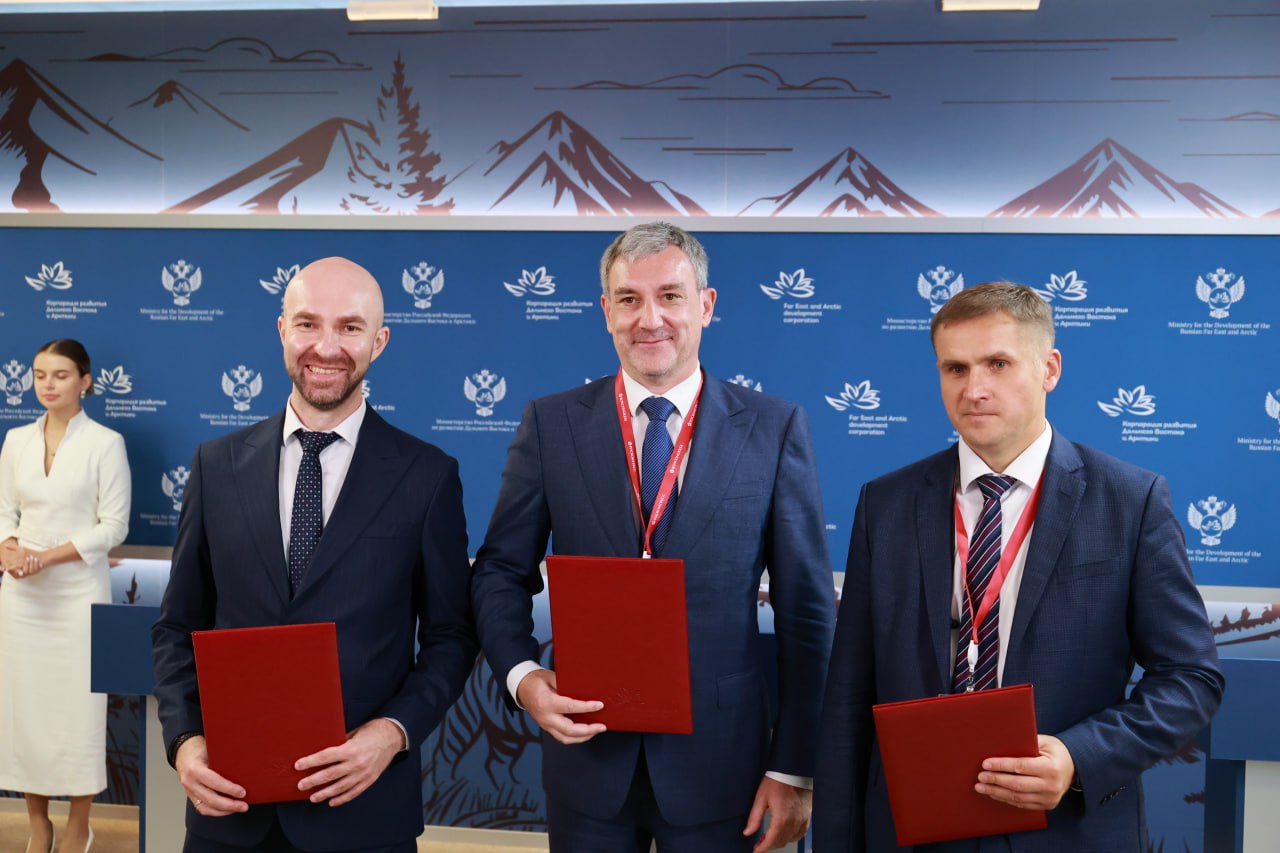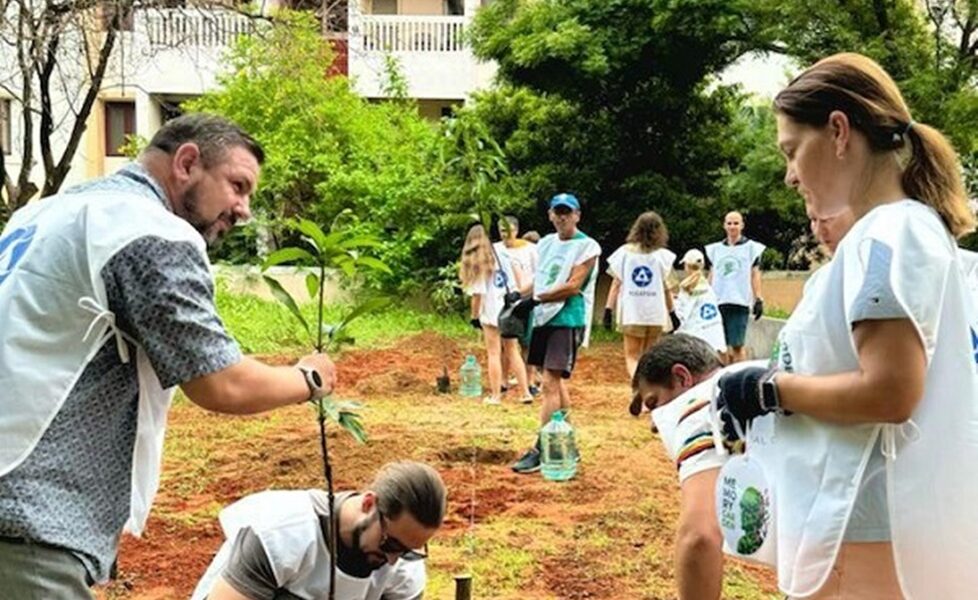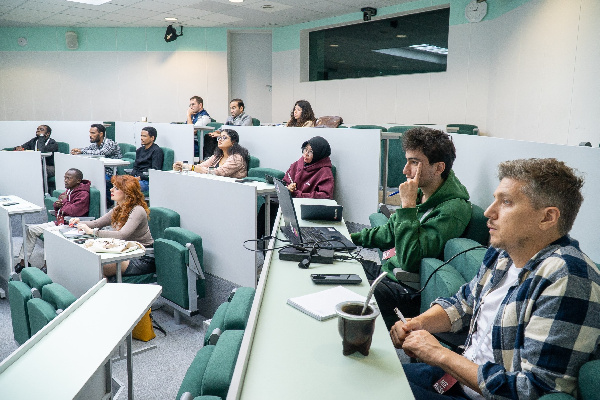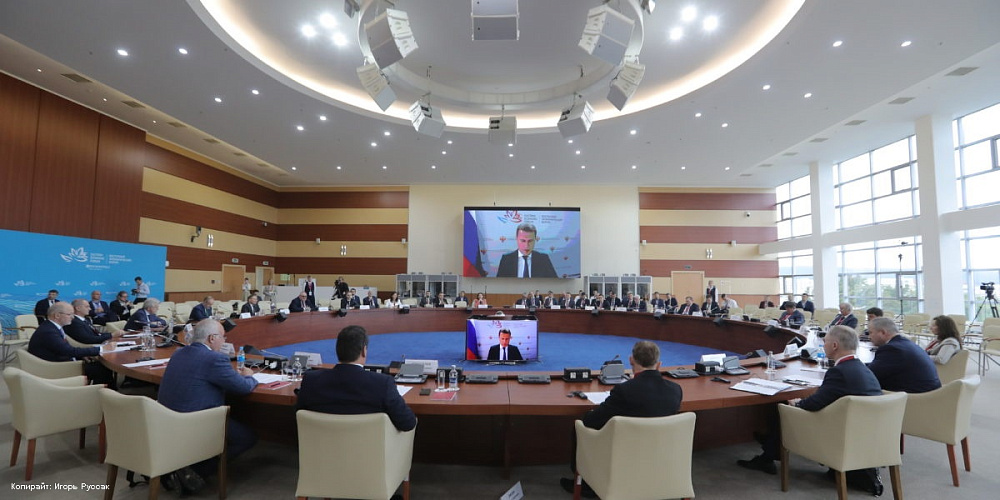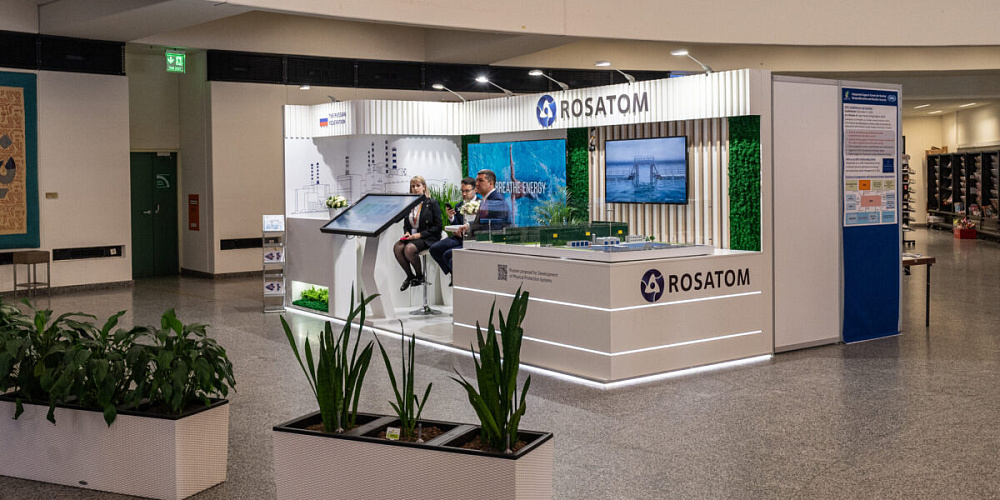On September 4, as part of the Eastern Economic Forum, Rosatom Renewable Energy JSC, Far East and Arctic Development Corporation (FEDC) JSC and the Government of the Amur region signed an agreement on cooperation in implementing the project to build the up to 400 MW Uspenovskaya wind farm in the Amur region.
The
document was signed by Grigory Nazarov, Director General of Rosatom Renewable
Energy JSC, Vasily Orlov, Governor of the Amur region, and Kirill Kamenev,
Deputy General Director for Capital Rising of Far East and Arctic Development
Corporation JSC.
The agreement provides for cooperation in implementing the project to create a wind farm, as well as investor support on the part of the Amur region and Far East and Arctic Development Corporation enabling the company to obtain the resident status in the Amurskaya Advanced Development Territory (ADT).
"Today we have taken yet another step toward implementing a large-scale project to build the first wind farm in the Russian Far East. I appreciate the assistance and support of the region's leadership and specialized organizations. It creates a favorable environment for attracting investment to the energy sector and facilitate project implementation in a shorter time," noted Grigory Nazarov.
"This is a promising project. The wind farm in the Amur region will be the first in the Far Eastern Federal District and will make a significant contribution to power supply in our macroregion. This is the instruction of Russian President Vladimir Vladimirovich Putin," said Vasiliy Orlov. "A wind farm means clean energy provided to the rapidly developing economy requiring it, without harming the environment. Also, the project implementation will positively affect the economy of the Amur region and ensure job creation. We are interested in developing this type of energy and will provide full support to the investor."
"Renewable energy development is one of the essential elements in strengthening the energy system of the Far East, given the outpacing economic growth. By 2030, to eliminate the predicted deficit of electric energy and capacity in the Far Eastern Federal District energy system, it is necessary to build about 2.2 gigawatts of thermal power plant capacity and at least 1.7 gigawatts of renewable energy sources. The Corporation will support the project and facilitate obtaining the ADT resident status and the corresponding expansion of the Amurskaya ADT at the site where the wind farm will be built. The project implementation using the ADT preferential treatment will allow the investor to employ a wide range of support instruments, including an opportunity to receive a subsidy to reimburse the costs of technological connection of generating facilities," commented Kirill Kamenev.
The
Rosatom State Corporation's Wind Energy Division takes on the role of a
renewable energy project integrator through the efficient problem-solving of
any kinds of tasks, from engineering design to ongoing maintenance of renewable
energy facilities. At the Atommash plant in Volgodonsk, production has been
established for wind turbine components, including hubs, nacelles, generators,
cooling systems, and control systems for 2.5 MW units.
To
date, more than 1 GW of wind energy capacity has been successfully
commissioned, comprising nine wind farms in southern Russia. By 2028, Rosatom
plans to commission wind farms with a total capacity of over 2 GW (including
already operational capacities).
Rosatom
Renewable Energy won the tender as part of the additional selection of
investment projects. The tender resulted in selecting bids amounting to around
370 MW. The projects will be implemented within a short timeframe, in
2027-2028, under the capacity supply agreements based on renewable energy
sources (DPM VIE 2.0) that are entered into for a 15-year effective period.
Another 18 MW selected as DPM 2.0 bids will be added to this portfolio. In
total, Rosatom Renewable Energy JSC plans to commission wind farms with a
cumulative installed capacity of 400 MW in the Russian Far East.
The efficient operation of the fuel and energy complex is vital to national interests, ensuring the economic stability and well-being of people. Large companies of the industry implement new projects and invest in import substitution technologies. Rosatom and its companies actively contribute to that work.

